Now is the moment for the women of Ancient Greek mythology
Step aside Perseus, Jason and Theseus... it’s the turn of the women to take the limelight, says David Barnett


Depending on your age, it’s a fair chance that you learned about the Greek myths through one of a handful of routes. Perhaps it was through Roger Lancelyn Green’s Tales of the Greek Heroes, which has never been out of print since it was first published in 1958.
Or maybe via the 1963 film Jason and the Argonauts, famed for Ray Harryhausen’s stop-motion animation bringing to celluloid life for the first time the gods and monsters of Ancient Greece.
In 1981, Harryhausen once again brought the ancient world to the cinema screen for the next generation with Clash of the Titans, a retelling of the Perseus legend.
As thrilling, exciting and adventurous as all these interpretations of the great Greek myths were and remain, they had one thing in common with both each other and the stories they were based on: they were pretty much all about the boys.
Perseus, Theseus, Jason, Odysseus, Achilles, Heracles (more commonly known by his Roman name Hercules these days)… these were the heroes of the myths, who embarked upon quests, slew the monsters, and earned their place in the pantheon of legends.
And the women? Often Queens, waiting for their heroic husbands’ return; victims, to be rescued; monsters, snake-haired and evil, to be killed. Or goddesses, directing and observing human affairs from their paradise home on Olympus.
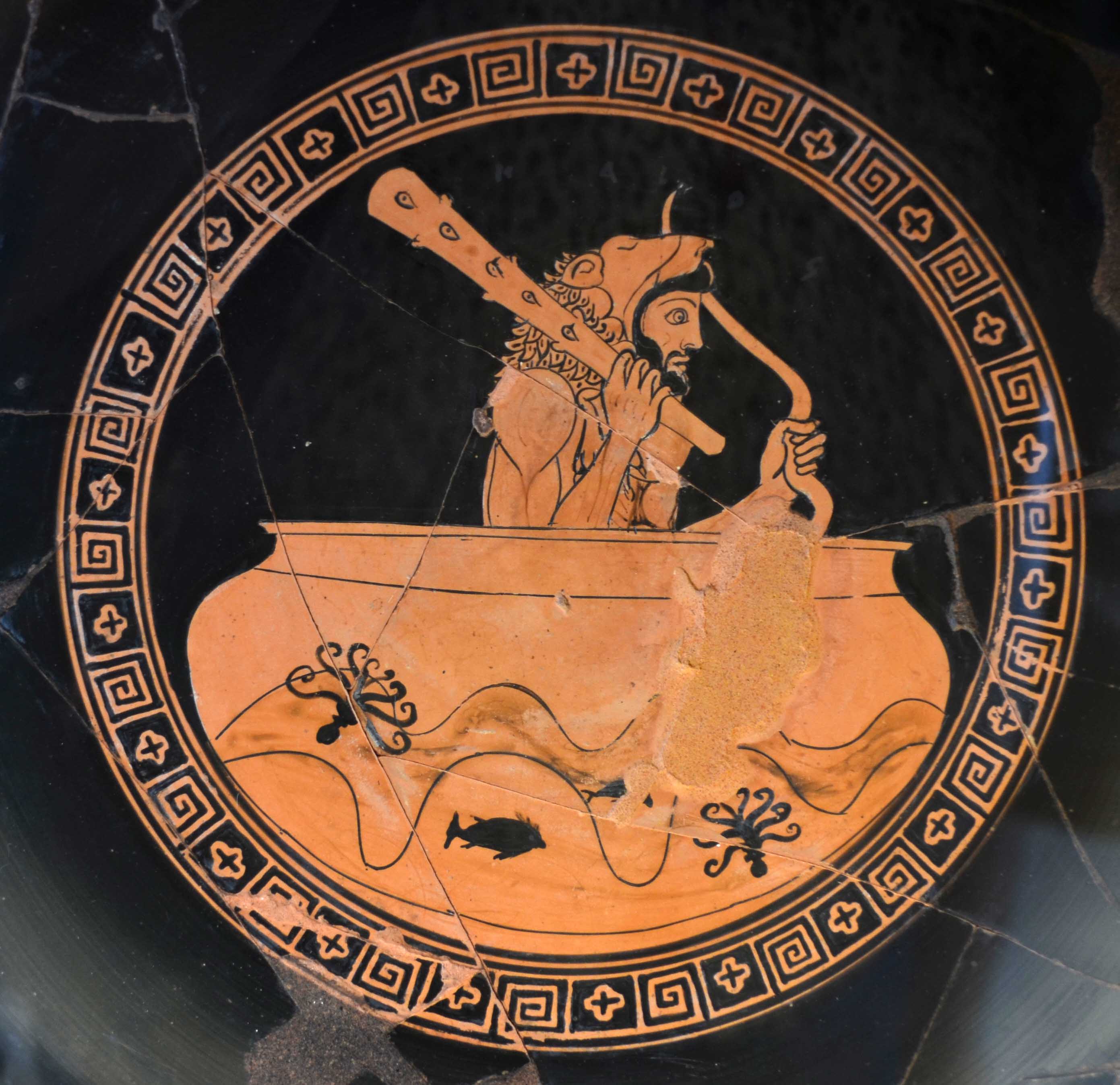
However, a recent and continuing trend in fiction is aiming to redress that balance a little, as more and more books are being published that not only retell the old myths and legends for a modern audience, but put the hitherto sidelined women of Greece in the spotlight.
First, though, why do we still remember those Greek myths from so long ago? Although this is a piece about the women of the legends, and how they’re finding their way to centre stage at last, let’s hear from Stephen Fry, from the introduction of his 2017 book Mythos: The Greek Myths Retold.
While acknowledging of course that many civilisations had huge, expansive, mythological worldviews, the Greek stories have “survived with a detail, richness, life and colour that distinguish it from other mythologies. It was captured and preserved by the very first poets and has come down to us in an unbroken line from almost the beginning of writing to the present day.”
Atalanta was suckled by a she-wolf and survived, to become one of Greece’s most fearsome woman warriors, even partaking in the hunt for the famed Calydonian boar
He adds: “The arc of the Greek myths follows the rise of mankind, our battle to free ourselves from the interference of the gods – their abuse, their meddling, their tyranny over human life and civilisation. Greeks did not grovel before their gods. They were aware of their vain need to be supplicated and venerated, but they believed men were their equal. Their myths understand that whoever created this baffling world, with its cruelties, wonders, caprices, beauties, madness and injustice, must themselves have been cruel, wonderful, capricious, beautiful, mad and unjust. The Greeks created gods that were in their image: warlike but creative, wise but ferocious, loving but jealous, tender but brutal, compassionate but vengeful.”
And, more than that, for any child at least entranced by Harryhausen’s stop-motion skeletons sprouting from the teeth of the monstrous Hydra in Jason and the Argonauts, the myths were thrilling and scary and exciting.
Let’s stick with Jason and the Argonauts for a moment. A brief recap, for those who can’t remember back to the last Bank Holiday TV showing: on a quest for the legendary Golden Fleece of the legendary ram Chrysomallos, heroic Jason recruits through fierce, Olympic games-style competition, the best crew he can find for his ship the Argo. Among them are Acastus, Hylas, and even Hercules himself.
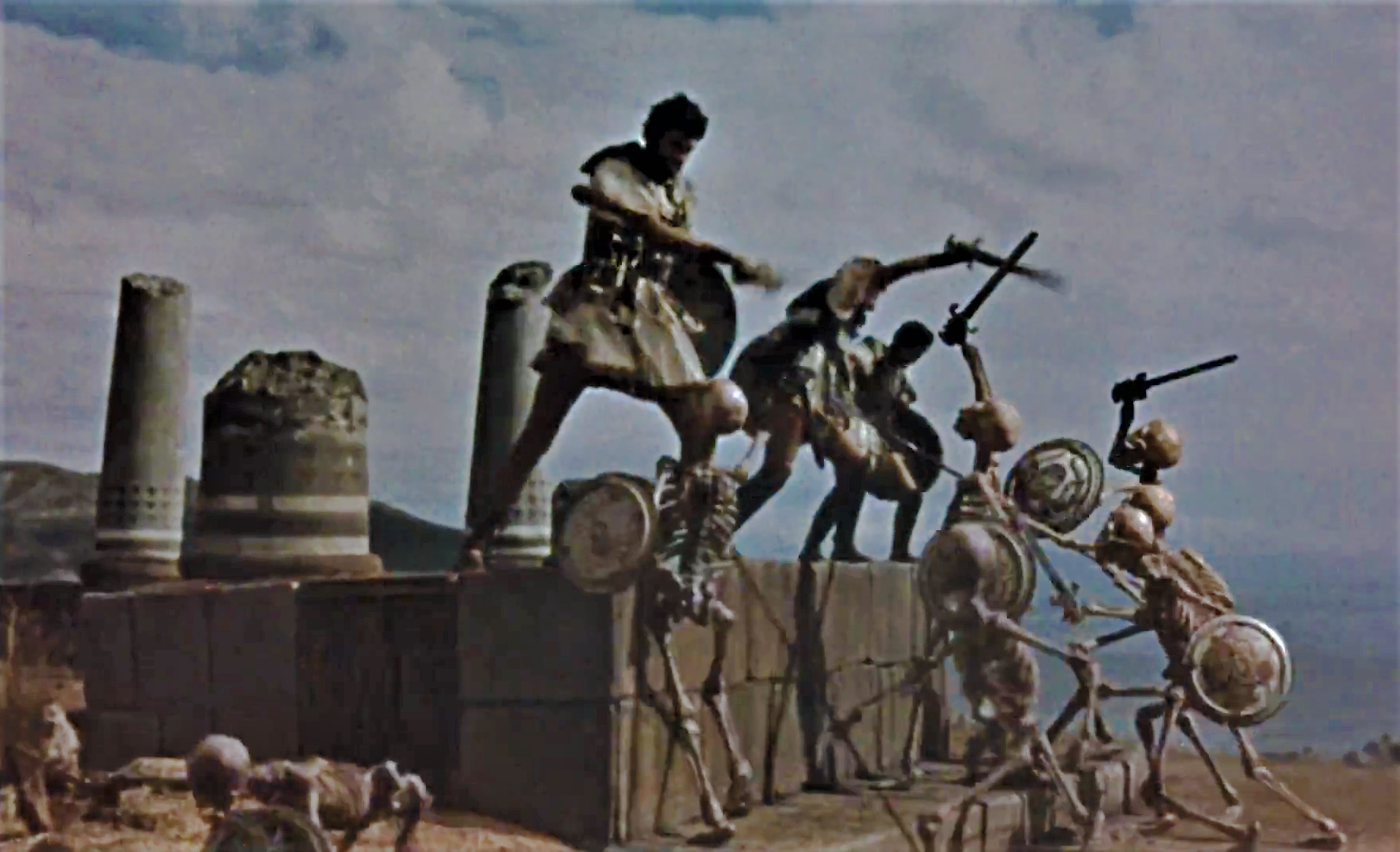
There is, however, no mention in the film of Atalanta, nor does any such character appear even in the massed crew of the Argo. Because Atalanta was thought to be the only female member of the Argo’s crew, erased from modern tellings of the old myths.
Abandoned on a hillside as a baby, Atalanta was suckled by a she-wolf and survived, to become one of Greece’s most fearsome woman warriors, even partaking in the hunt for the famed Calydonian boar. Yet few know Atalanta today.
That, though, is about to change, as Atalanta is the title and subject of Jennifer Saint’s next novel, out in April 2023, and her third book retelling Greek myths from the point of view of the women who were routinely sidelined in the stories.
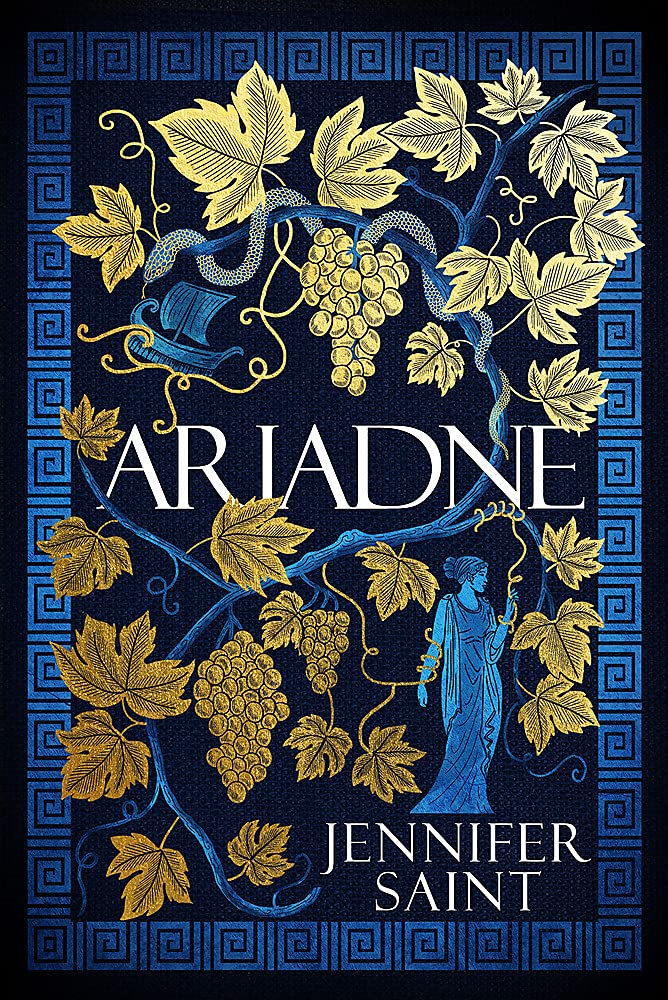
Saint, of Leeds, has already written books telling the “untold” stories of Ariadne and Elektra, says, “Atalanta was the only woman who joined the crew of the Argo. Of course everyone’s heard of Jason, but not many people even know there was a woman on board, let alone her name.”
Saint’s first Greek myth book, Ariadne, was born out of a conversation with her son who was reading the story of Theseus and the Minotaur in school. Ariadne is the daughter of King Minos, who keeps the bull-headed monster in the labyrinth, and she helps Theseus escape the maze after killing the beast. But what, Saint’s son wanted to know, happened to Ariadne afterwards?
“I’d always had a fascination for Greek mythology ever since I was a child and I heard a lot of the stories when I was young,” she says. “It was my son asking about Ariadne that made me think about her how she saves Theseus, gives him the tools to achieve his feat, and then just disappears from the story.
“And I remembered there were more stories about Ariadne, but for some reason these stories weren’t the popular ones, so it made me want to tell these stories again.”
Ariadne was published in 2021 and Elektra, which focuses on the daughter of Agamemnon, who led the assault on Troy, came out this year. Both shot to the top of the bestseller charts.
And Saint is not alone in feeding the appetite of readers for new versions of the old stories that re-centre the narratives on the often-forgotten women who sometimes became mere footnotes in the legends.

Regeneration author Pat Barker has written a trilogy about the invasion of Troy and its aftermath, beginning with The Silence of the Girls in 2018, The Women of Troy (2021) and the forthcoming The Voyage Home, due in 2024, focusing on the women who were claimed as slaves and chattels by the victorious Greeks. Natalie Haynes has also re-told the Trojan war from the women’s perspective with A Thousand Ships, and last month released Stone Blind, written from the point of view of Medusa, the feared Gorgon with snakes for hair and the ability to turn her enemies into stone with her baleful gaze.
And while this trend is gaining huge traction in recent years, as far back as 2011 American author Madeline Miller won the Orange Women’s Prize for Fiction with her own Troy re-telling, The Song of Achilles, which she followed up with Galatea in 2013, and Circe, in 2018, both offering new perspectives on legendary stories.
If it is a trend, then it looks like one that’s sticking around. Juliet Mushens, the literary agent of Jennifer Saint, says, “Jenny built a big fan base with Ariadne, a Sunday Times bestseller in hardback and paperback and a Waterstones book of the month, so had a lot of eager readers waiting to get their hands on Elektra.
“Generally speaking though I do think myth retellings and myth-inspired novels are doing very well – The Song of Achilles has been back in the charts off the back of TikTok in recent months, Galatea was huge, and the webcomic Lore Olympus for example has millions and millions of downloads.
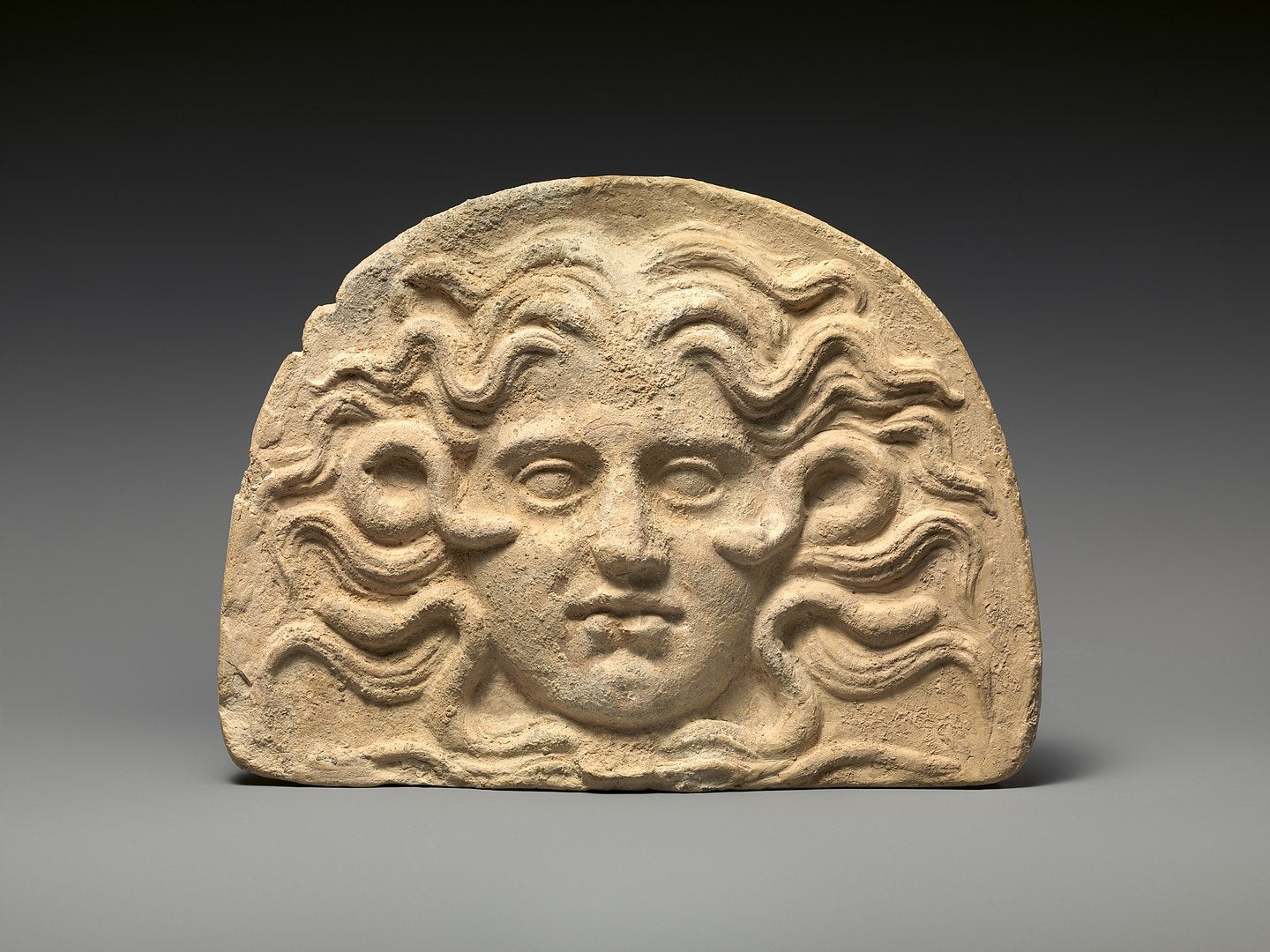
“Pandora by Susan Stokes-Chapman, another of my clients, also entered the chart at number one this year – it’s very loosely inspired and set in Georgian London but I do think there is a huge appetite for it and the best books are breaking out.”
Another literary agent, Julie Crisp, agrees. She says, “There’s something timeless, eternal and very human about Greek mythology with the themes of love, loss, revenge and tragedy.
“So many of the characters involved, including the Pantheon of Olympus and their human heroes, are flawed and imperfect making them relatable to readers throughout the ages. What’s so refreshing to see now, is how authors today are shifting the very male focus of these legends and giving voices to other characters. Medea, Pandora, Ariadne, Helen, Penelope, Circe, Medusa – characters being represented anew to a modern audience and having their own stories told against the backdrop of those famous myths. This isn’t just happening with Greek mythology, and it’s wonderful to see these tales come to life again for a modern audience with a new and more diverse perspective.”
In Ancient Greece the women whose stories are sidelined or even lost today were very often the subjects of stage dramas and tragedies
Crisp represents Elyse John, whose next novel is a gender-flipped retelling of the Orpheus and Eurydice myth – in which lovelorn Orpheus goes to hell to bargain for the return of his lost love. In Orphia and Euridicius, out in Australia from HarperCollins next summer, the roles are reversed – and that came from a very personal place for the author.
“The myth of Orpheus and Eurydice spoke to me in an intimate way,” says John. “After my brother died suddenly and unexpectedly, I wanted nothing more than to bring him back. In my version of the story, I decided to make the poet Orpheus a woman and Eurydice a man. I explored grief, unconventional love, and the idea that we might want to hold onto our loved ones rather than let them go – even if it means pursuing them beyond death.
“Right now, Greek mythology is undergoing a renaissance of perspectives. The tales of male heroes, jealous goddesses, and silent women are getting a twist as writers centre female characters, queer characters, and other overlooked voices. For my own part, I wanted to challenge the stereotype of the male artist and female muse. My novel tells the story of a female poet who loves and creates boldly, and her gentle male muse.”
All of these novels, and more besides, shift the focus away from the male heroes, and the glorification of the quests and battles – and that might actually be the fault of the more recent retellings of the myths that we grew up with, rather than the original stories.
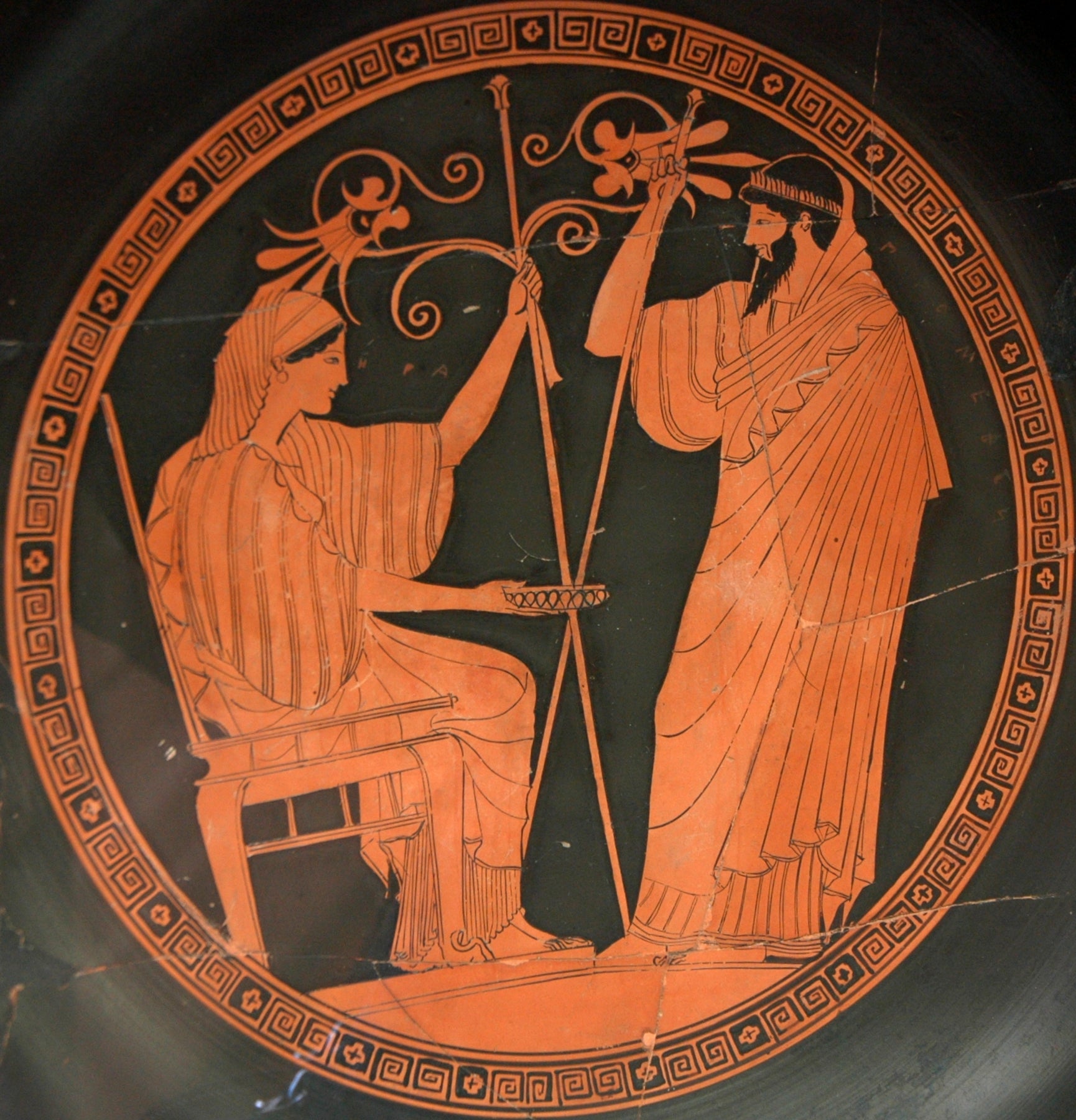
According to Jennifer Saint, in Ancient Greece the women whose stories are sidelined or even lost today were very often the subjects of stage dramas and tragedies.
“They were there, and at the centre of the myths,” she says. “There are very strong, powerful, fascinating women in Greek Mythology, and I think that perhaps the edges have been sanded down a bit over the years.
“When we revisit these stories, myself and other writers are going back and peeling away the layers to find these stories, and that makes the myths so much deeper and richer.”
For Saint, what really fascinates is the resonance that the Greek Myths still have today. “There’s definitely the impact of the familiarity of them,” she says, “the fact that so many of us grew up with them, so we already have this connection with Ancient Greece. I think they have survived for all these years because the stories are timeless, in a way.
“But they are also very timely, and although these stories are often very extreme and fantastical, where divine and supernatural things are happening, they are really stories of humanity. They are stories about relationships, dynamics that are very much recognisable today. These stories still connect with us and I love that there’s an insight into our humanity that extends back so far.”
Join our commenting forum
Join thought-provoking conversations, follow other Independent readers and see their replies
Comments


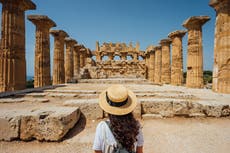
Bookmark popover
Removed from bookmarks